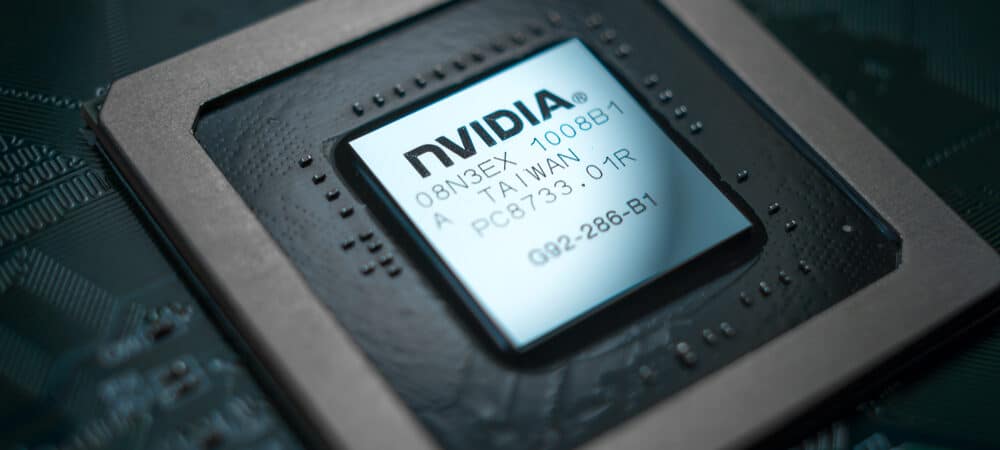NVIDIA is not happy with the current situation about GPU shortage and miners and their answer seems to be the GeForce RTX 30 “Lite Hash Rate” series. The launch of RTX 30 LHR is not only a further demonstration of this but a blow that can do quite a bit of damage to cryptocurrency miners.
In fact, the company’s bottom line does not require the introduction of RTX 30 LHR (Low Hash Rate) GPUs, as it knows that today it has guaranteed sales of as many graphics cards as can be produced by its partners. What’s more, this move may reduce its sales volume once the situation normalizes, as those GPUs will no longer be interesting for miners. Therefore, it does not seem like a decision made with numbers in mind, but with users in mind.
Why NVIDIA is launching GeForce RTX 30 LHR series?
NVIDIA has informed its partners of the upcoming shipment of GAxx2 series with mining capacity limiters. NVIDIA aims to reduce hashrate with the design of RTX 30 LHR to prevent cryptocurrency mining.
The only exception would be the GeForce RTX 3090, the least profitable model for miners, but the rest of the RTX 30 LHR chips would start production in May, so it is expected that the first units of the limited series should reach the market sometime in June. From then on, for miners, buying GeForce graphics cards will become a lottery, which will hopefully push them to decrease their purchase volume.

Unless there are any surprises in this regard, miners will only be able to find out if an RTX 30 GPU is LHR once they have it in their hands and can perform certain checks. There is a chance that they will buy them, and all those LHR units will be automatically resold, but as soon as the situation normalizes, and the price of second-hand cards becomes lower than that of new ones, buying NVIDIA cards will become a game of chance that can be very expensive for miners.
A few months ago, AMD said it had no intention of taking any measures against miners. It is understandable business-wise. Now, with the RTX 30 LHR plans, NVIDIA is once again taking another step in this direction, which should push other brands to rethink their position. They are under no obligation of course, but it seems quite sensible to react in this regard and to seek to protect the interests of their particular customers, as opposed to those of miners.





